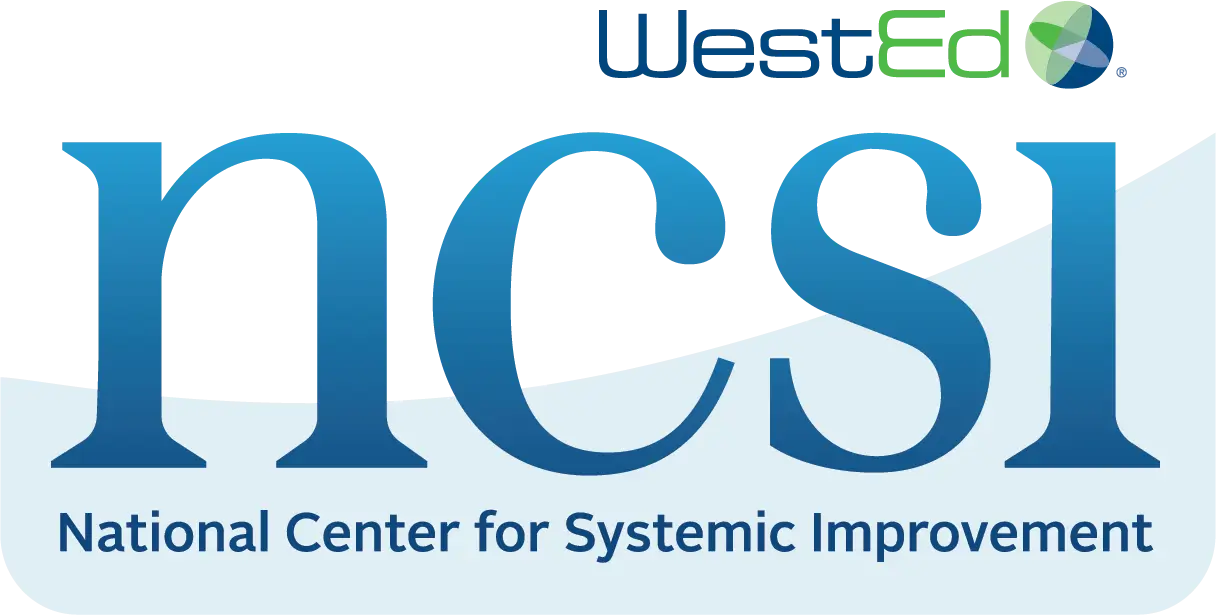by NCSI
Document Fast FiveOne of the most important responsibilities of a state education agency (SEA) under the Individuals with Disabilities Education Act (IDEA) is to ensure that each local education agency (LEA) provides students with disabilities a free appropriate public education (FAPE) that responds to their unique needs and supports them to be successful in future educational, employment, and/or independent living pursuits (34 C.F.R. § 300.1) States must have in place a system of general supervision that monitors LEAs’ implementation of IDEA and provision of FAPE (34 C.F.R. § 300.600). A key mechanism by which SEAs ensure LEA compliance with IDEA is through state-level monitoring activities. This brief outlines five strategies SEAs can take to effectively communicate and reinforce IDEA requirements for LEAs and other stakeholders. These strategies highlight how policies and procedures, technical assistance, and professional learning are critical components of state monitoring activities.

